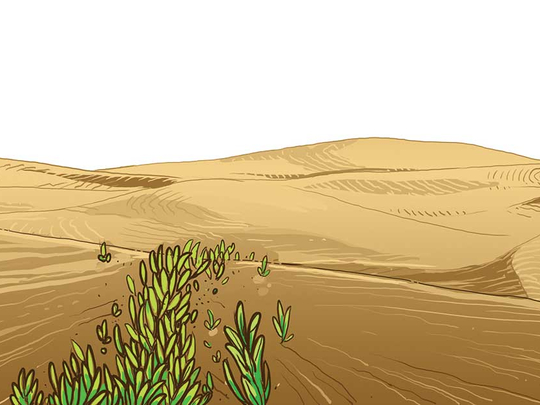
The destruction of many of the Arab world’s nation states has forced political thinkers to look ahead and imagine how they might be rebuilt after peace and security is reimposed, either by military success or by negotiation. The key to making the new governments more successful than their failed predecessors will be to for them to institutionalise their support for tolerance and inclusivity within their nation-states, which will be a major challenge in an increasingly polarised Middle East.
The simplistic and most common formula is to argue in favour of pluralist democracy and hope that the incoming politicians will operate with the self-restraint that governing through the rule of law requires of a government. The problem is that incoming governments have a habit of failing this test and preferring to work with a winner-takes-all attitude that encourages patronage and corruption, and ignores any responsibility to offer long-term public service.
The search for reliable methods to promote and preserve social and political inclusivity has prompted renewed interest in the Ottoman Empire, that dominated the Arab world for centuries till the end of the First World War. Nostalgia for a unified and inclusive Middle East has given the Ottoman’s a rosy patina because even if the Ottoman rulers were Turks and the Sultan embodied the spirit of Sunni Islam, the Ottoman power structure was not purely ethnic Turkish, and included people from many different religions and sects at its most senior levels. The Ottomans also ruled the entire Arab world and so removed the sensitivity of national borders that has bedevilled the Arab world ever since.
Nicolas Pelham of the Economist magazine has argued eloquently in his interesting book Holy Lands: Reviving Pluralism in the Middle East that the inclusive tolerance that is so needed today may not come from the current mainstream political model of every individual having the same rights under religiously neutral national laws. Instead, he talks of advantages of reviving the traditional inclusivity of the Ottoman state by institutionalising the various religions’ or sects’ rights, under which their different social and religious codes were formalised into separate legal structures, or millet, that would operate under the overarching legal system of the nation-state.
But even if that legal throwback is not happing, Pelham also used his book to quote some fascinating examples of how tolerance and openness is breaking out in the most unexpected places.
Interfaith programme
During a visit to Najaf in 2015 he found the Shiite ayatollahs engaged in outreach, including the University of Kufa’s Islamic Law Faculty running an interfaith programme which includes a Talmud class. He also saw the Shiite seminarians studying in the hawza next to the shine of Imam Ali attending classes with Christian, Yazidi, Madean and Sunni women, with the leading Shiite academic Jawad Al Khoei arguing that “our problem in Iraq is our ignorance and denial of the other”.
While it is hard to see any modern government encouraging anything like the old Ottoman system of special social courts for different sects or religions, it is important that any willingness by religious leaders to look outside sectarian boundaries and seek tolerance is supported so that what might seem like a small gesture builds into something with major political impact.
Theophilos III is the Orthodox Patriarch of Jerusalem and he summed up this spirit of using religion to find new political paradigms when I interviewed him last year in Occupied Jerusalem and he spoke out against reducing the most sensitive issue of Jerusalem’s final status to a simple geometrical problem for politicians try to answer with new boundaries and marker pens.
He argued that more awareness of the religious dimension of the situation in Jerusalem would simplify the solution. “We want Jerusalem to be a city for two peoples and three religions, and Jerusalem has enough room to accommodate everything. Today this has become accepted and people have understood that eventually there is going to be a solution in which the role of the religious institutions and leadership of the Islamic, Christian and Jewish communities have to be involved.”
He continued saying that the Middle East peace process cannot succeed if it does not take into serious consideration the role of religion, and that most diplomats who come from the State Department, or other places, fail because even if they are great people and well educated in the history of the land, they are not familiar with the sacred history.
“These people cannot communicate properly,” he said. “They lack the deeper communication, which is why they cannot grasp the mind set of the interlocutors here. People must understand that here the cultural mind and means of communication is within a theocratic atmosphere. Not a negative theocracy but this is the language of the place. Here religion is what determines everyone’s philosophy. It is not a secular culture,” said Patriarch Theophilos.
It is a fascinating thought that despite the raging violence, significant religious leaders all over the Arab world are thinking about outreach, and a startling number of institutes are looking at it like the Tabah Foundation in Abu Dhabi. All of which gives some elements of hope.









